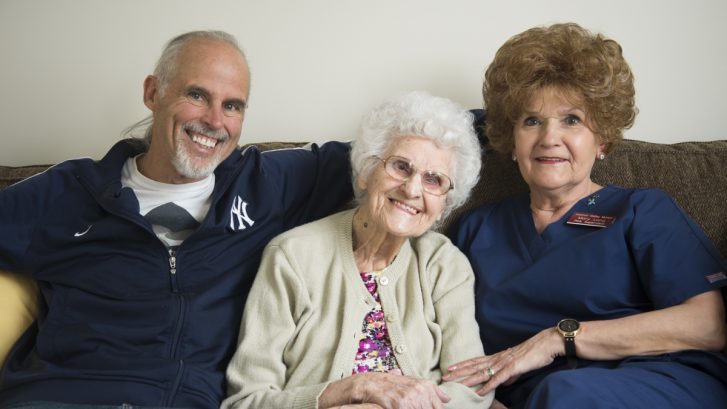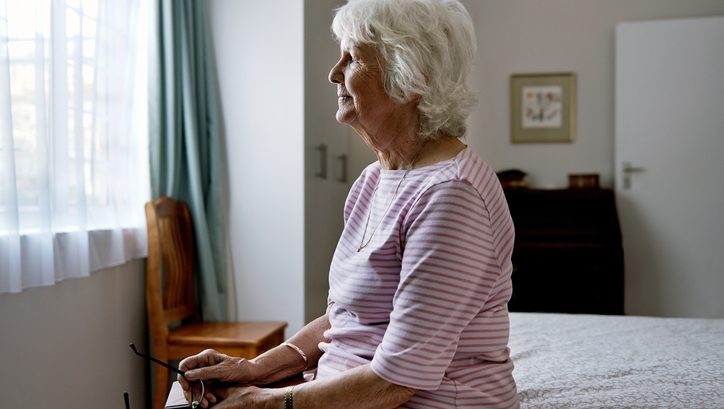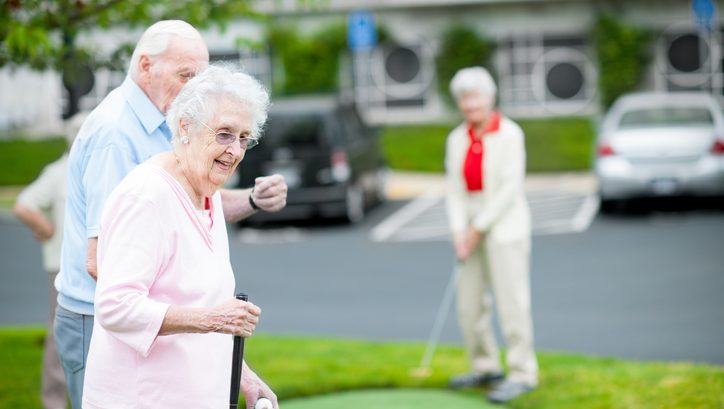Why Routines are Important for Seniors with Dementia and How to Start One
Dementia affects thought and memory, and it gradually reduces a person’s ability to plan, start, or finish an activity. It can be frightening or unsettling for people with dementia to lose their sense of time, lose track of thoughts, or forget where they are and what they’re doing.








